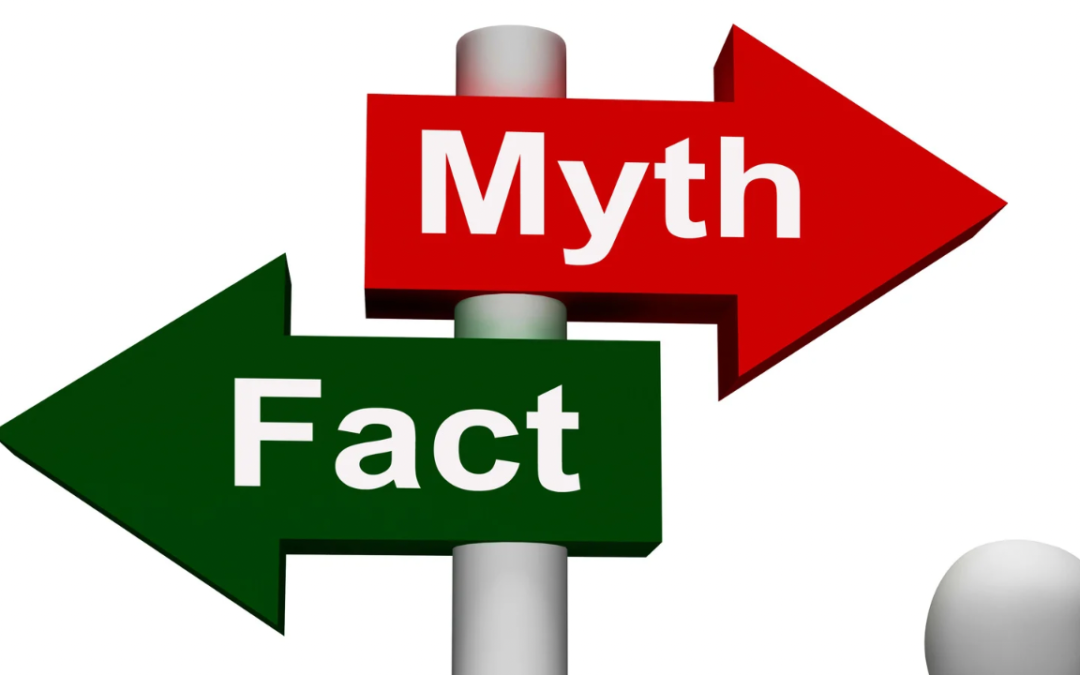When planning international travel, the visa application process can often seem intimidating and confusing. With so much misinformation circulating online, it is easy for travelers to get caught up in myths that may cause unnecessary delays or rejections. Whether you are applying for a tourist visa, student visa, or work visa, understanding the truth behind common visa myths can help you prepare better and travel with confidence.
In this article, we will debunk five common visa myths, offering clear and practical insights to help you navigate the visa process with ease.
Myth 1: “If You Have a Valid Passport, You Don’t Need a Visa”
The truth is that while a valid passport is an essential travel document, it does not guarantee entry into every country. Many countries require a visa in addition to your passport, depending on your nationality, purpose of visit, and length of stay.
For instance, Nigerian passport holders need visas to enter popular destinations like the United States, United Kingdom, Canada, and most European countries. However, some countries offer visa-free access or visas on arrival, such as Ghana, Kenya, Maldives, and Seychelles.
To avoid travel disruptions, always research the visa requirements of your destination before booking your trip. You can get up-to-date information from trusted travel agencies like Loyalty Travels or through official embassy websites.
Myth 2: “Visa Applications Are Always Rejected Without a Strong Travel History”
The truth is that while a strong travel history (i.e., having visited multiple countries before) can enhance your visa application, it is not a mandatory requirement for approval. Many first-time travelers successfully obtain visas by demonstrating genuine travel intentions and meeting the application criteria.
Visa officers primarily assess:
- Purpose of your visit: Providing a detailed travel itinerary can help.
- Financial stability: Showing proof of funds to support your stay.
- Ties to your home country: Such as employment, family commitments, or property ownership, to demonstrate you intend to return home.
Even if you are a first-time traveler, presenting clear and honest documentation can improve your chances of approval.
Myth 3: “You Should Book Flights and Hotels Before Getting a Visa”
The truth is that this is a common misconception that can lead to financial losses if your visa is denied. While some embassies require proof of travel arrangements, you don’t need to make full, non-refundable bookings.
Instead, you can reserve flights and accommodations with flexible cancellation policies. You can also obtain a flight itinerary or hotel reservation through Loyalty Travels, which offers dummy bookings specifically for visa applications. This approach ensures you meet visa application requirements without risking financial losses if plans change.
Myth 4: “If Your Visa Is Denied Once, You Can Never Reapply”
The truth is that a visa rejection is not the end of the road. You can reapply, provided you address the reasons for the initial refusal. Each embassy or consulate typically provides a rejection letter outlining the specific reasons for the denial, such as insufficient funds to cover your stay, incomplete or incorrect documentation of failure to prove your intent to return home.
When reapplying it is important that the applicant correct the issues mentioned in the rejection letter. The applicant should also provide additional supporting documents to strengthen the case. Importantly, the applicant should seek professional guidance from trusted travel experts to avoid repeat mistakes.
At Loyalty Travels, we offer personalized visa consultation services to help you improve your application and increase your chances of approval.
Myth 5: “A Tourist Visa Allows You to Work or Study Abroad”
The truth is that a tourist visa is typically restricted to leisure and short-term visits. Engaging in employment, studies, or long-term stays on a tourist visa can lead to serious legal consequences, including fines, deportation, and future visa bans.
If you plan to work abroad, it is best you apply for a work visa, such as the UK Skilled Worker Visa or Canada’s Work Permit. In the same vein, if you plan to study abroad, obtain a student visa, like the US F-1 Visa or UK Student Visa. Applying for the correct visa category ensures you remain compliant with immigration laws and avoid potential legal issues.
Bottom Line
Navigating the visa application process can be overwhelming, especially with so many misleading myths out there. By debunking these common misconceptions, we hope to help you approach your travel plans with clarity and confidence.
At Loyalty Travels and Logistics Limited, our visa experts are dedicated to providing accurate information, tailored support, and personalized guidance to make your visa application process seamless. Ready to simplify your travel plans? Contact Loyalty Travels today and take the first step toward your next international adventure!

